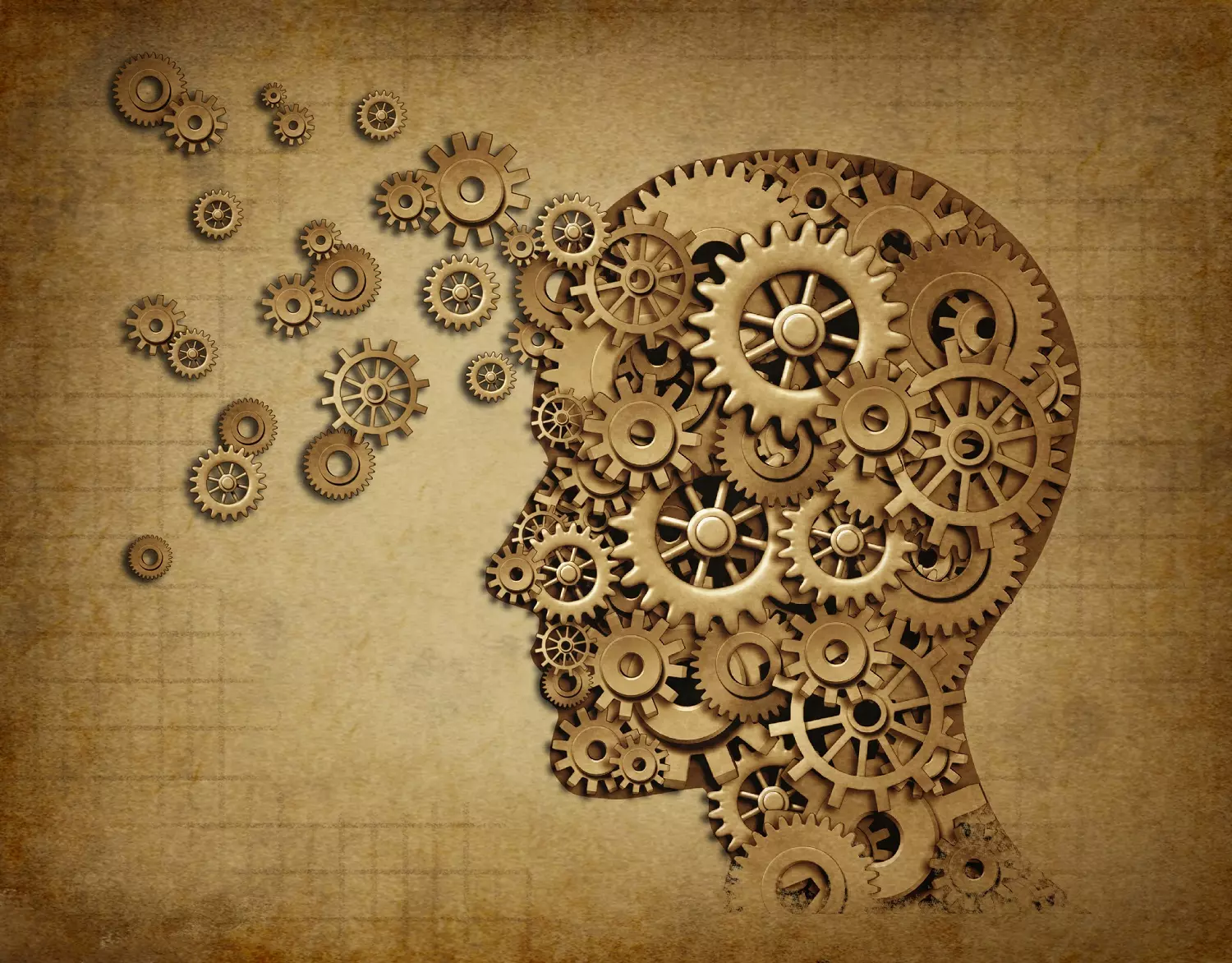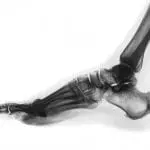Our Mental Processes Vs Our Physical Brain
An important question that is controversial to the naturalist is whether our “soul/mind” and our “physical brain” are one and the same?
Or, are they God-created entities distinct from our created physical brain? I believe there is a soul-spirit/physical brain interaction system given to us by God that concerns our mental-related abilities. I believe each person’s mental makeup is a trichotomy consisting of body, soul and spirit.
Although the Bible doesn’t address this directly, two verses in Daniel Chapter 2: 28-29 state:
Thy dream, and the visions of thy head upon thy bed, are these; As for thee, O king, thy thoughts came into thy mind upon thy bed.
Also, in Romans 12:22, it states “ but be transformed by the renewing of your mind.”
The Bible Knowledge Commentary¹ describes the mind thus: “ The key to this change is the mind, the control center of our attitudes, thoughts, feelings and actions. As one’s mind keeps on being made new by Spiritual input, his or her lifestyle keeps on being transformed.”
Modern Studies of the Distinction Between Mind and Brain
Dr. Wilder Penfield (1891–1976), a Canadian neurosurgeon and author, spent much of his career considering and experimenting on the human mind.
In one of his books,² Dr. Penfield developed a hypothesis about how the mind and organic brain may work in collusion with each other. His writings divide the mind-brain interaction system into three separate pages and functions. There is a mind itself, then the highest brain mechanism, and lastly the automaton, or the remainder of the brain mechanism. The mind can give direction only through the mind’s brain mechanism. Purpose comes to it from outside its own mechanism:
As Hippocrates expressed it so long ago, “The brain is messenger to consciousness.” Or, as one might express it now, the brain’s highest mechanism is messenger between the mind and other mechanisms of the brain.”
He also believed that the mind may be a distinct and different essence. His research led him to the conclusion that there is no evidence to suggest that the mind has a memory of its own, but utilizes the brain mechanism which can open the files at will.
The automatic computer and the highest brain mechanism play interactive roles, selectively inhibitory and purposeful. Does this explain the action of the mind? Can reflex action in the end, account for it? After years of studying emerging mechanisms within the human brain, my answer is No!
As a neurosurgeon he once performed a surgical procedure on an epileptic patient where an electrode placed close to the region of the brain in charge of language. This left the man unable to pull specific words to the surface to speak. At the same time, the patient still understood the concept, and, as soon as the interference was removed, the word returned to him.
Dr. Penfield assumed this distinction between concept and vocabulary was a sign of the ‘mind’ being beyond the limitations of the ‘brain.’
Even memory, which has been shown to be stored in the physical brain, is only stored when an event is deemed valuable by a consciousness beyond the storage. You may not be able to pull up a past experience without your brain’s cooperation, but the fact that those neurons were designated to preserve them in the first place is a clue to the more essential ‘mind’ in charge.
More recently, in the early 2000s, another neurosurgeon came to the same basic conclusion:
Your brain stores thoughts and memories and controls the rest of the body, but it is in turn controlled by something beyond it: the mind.³
The Bible Was Far Ahead of the Scientists
The Revell Bible Dictionary4 refers to heart, mind, and soul in a similar vein, with the total human nature described as soul, flesh, and spirit.
“Heart” is said in Hebrew to be the center of the being and intellect. The heart describes the whole person as a conscious—aware of emotions and other inner states—self. Jesus said, “Out of the heart come evil thoughts, murder, adultery, sexual immorality, theft, false testimony, slander.” (Matthew 15:19). But the heart can also be upright, steadfast and full of integrity.
The Bible Dictionary explains “Mind” in the Old Testament as the intellect with all its capacities. This is represented by no specific Hebrew word.
“Soul” is referred to as the equivalent of the Greek word “psyche.” Mind and psyche are used interchangeably. Proverbs 2:10 says, “When wisdom entereth into thine heart and knowledge is pleasant to thy soul.” Soul is also the essential self, the distinctive identity of a person.
Now, regarding “Spirit,” the essential attributes of a spirit are reason, conscience, and will. The spirit is a rational, moral, and therefore a free agent. Our spirit is the part of us that can receive and contact God. It is only by our spirit that we can know God, who is The Spirit!5 What we know is that at the center of a human being is a spirit, and the spirit continues to live even without the body.
Biblical Hebrew makes no effort to distinguish will from intellect, feeling, or emotion as we today analyze personality. Will was an objective reality of action, not an analysis of inner thought. The Bible NT reflects the same perspective; two Greek verbs express choice and inclination, intention and fixed purpose. Our spirit was dead in our sins before we became a believer. When a person believes in Christ his or her spirit is made alive and in concert with our soul.
Consciousness
We usually think of consciousness as our level of awareness via our senses, something inside your head that makes you, you! In this sense of the word, consciousness is spirit. Consciousness could also be considered in the same mental awareness and senses situation, as what I refer to as “our mind action.”
Our mind, soul and heart connection, plus our spirit/physical brain interaction system determine how our mental abilities work. This is our ability to discern, reason, think and choose thoughts, behaviors, or emotional state.
I recognize our physical brain can be compromised—with drugs or alcohol, for instance. But as it is the mind that directs the physical brain, if this substance abuse is considered a disease process, then how could a person decide to stop drug or alcohol abuse by their thought or mind process only? In other words, if alcoholism is a disease, then how could a person stop drinking through mental action alone and cure their so-called disease of alcoholism?
Actual diseases are not cured through our mental action, but through medical treatment or through Jesus Christ’s intervention or both!
More often than not, our mental or emotional problems of life are the causative factor in mental disturbances, or problems such as depression, and what we call madness or confusion of mind. True insanity is caused by some type of brain damage, not by problems of life or living. True insanity can be caused by tumors, dementia, disorders that cause brain cell damage, brain cell defects, among other physical conditions beyond our control. Insanity can also be caused by drugs that can cause either a temporary intoxicating effect or permanently damaged brain cells.
The book of Deuteronomy 28:65 states,
There the Lord will give you an anxious mind, eyes weary with longing, and a despairing heart. (NIV)
These are all problems of life that would be considered mental, emotional, or spiritual and not physical or organic in nature. The physical brain can be actually sick, but the spirit cannot become physically sick!
Of course, a well-trained pastor counselor could hopefully counsel troubled persons with problems of life. If need be, a church member who previously suffered with a similar problem could assist the counseling of that particular person.
Conclusion
I believe there is a interaction system of mind, soul and heart—plus our spirit—to our physical brain. But the immaterial is distinct from the physical.
Our mental faculties and our physical brain are a vital part of the creation of mankind. Where would we be without our mental abilities, especially concerning our salvation in Jesus Christ? May you submit to the whole person salvation offered you in Christ. This truly is a nonphysical mental process. This conscious decision is the most important mental process that can be made that will stand for here and eternity.
Footnotes
- The Bible Knowledge Commentary, editors John F. Walvoord and Roy B. Zuck, 1983, New Testament Edition, SP Publications, Inc., Victor Books.
- The Mystery of the Mind, Wilder Penfield M.D., Princeton University Press, 1975.
- The Mind and the Brain:Neuroplasticity and the Power of Mental Force by Dr. Jeffrey M. Schwartz and Sharon Begley. October 14, 2003.
- Revell Bible Dictionary Flemming H. Revell Company, Old Pappen, New Jersey, 1990.
- Journal of Psychology and Christianity, 16, Number 3 (1997), 233 to 246, Challenges for Christian Psychology from Cognitive Science, J. Brand.







